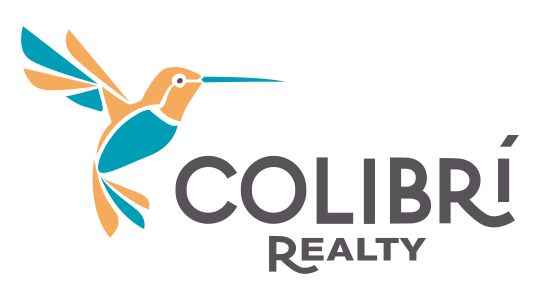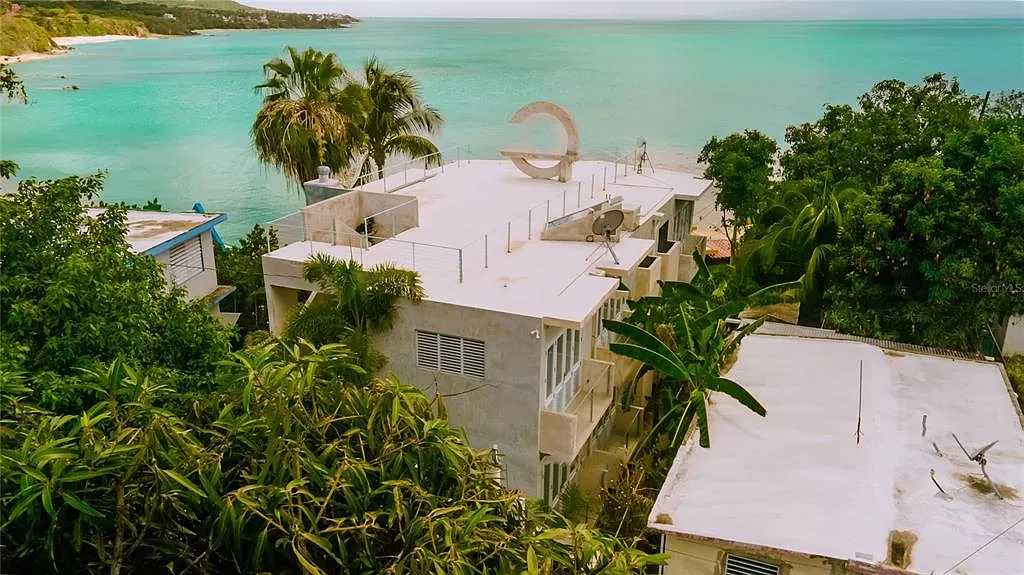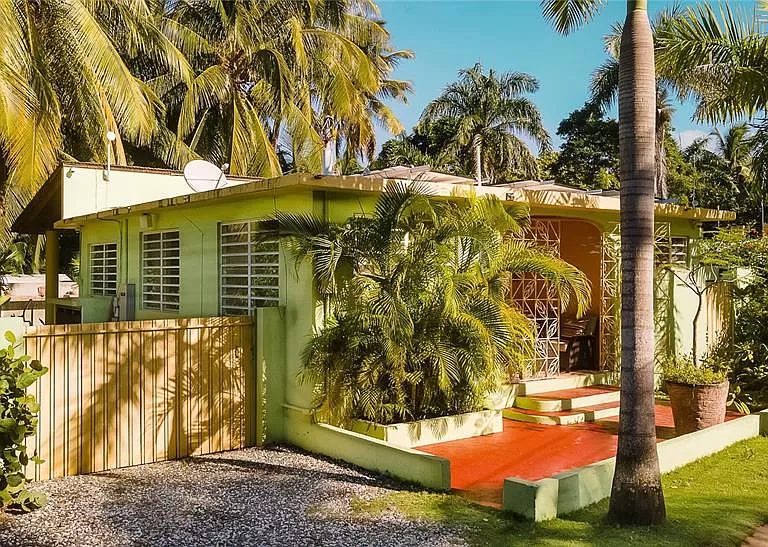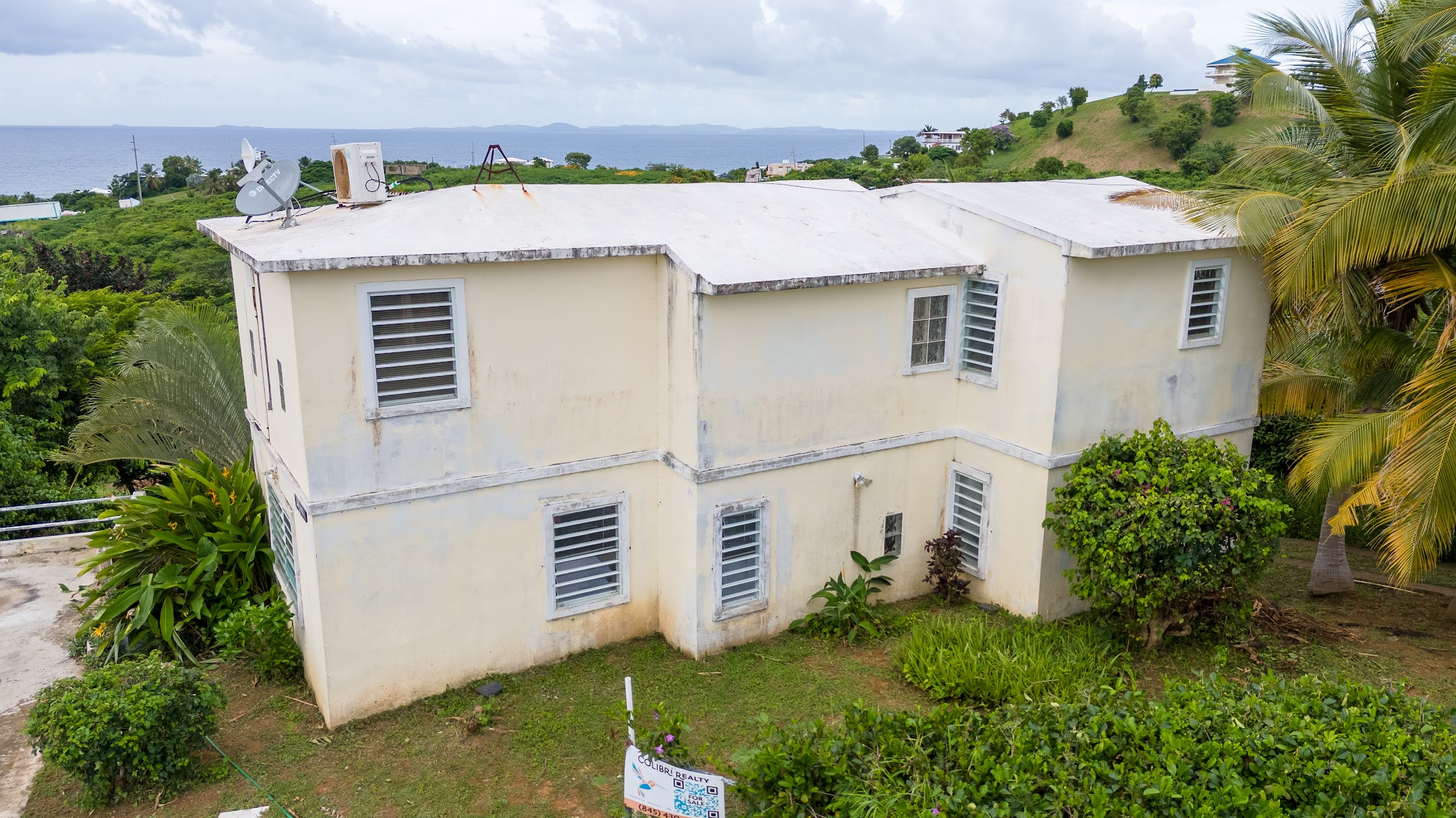
As previously noted in some of our earlier posts, ownership of real property in Puerto Rico is recorded at the Registry of the Property by a process that grants “title-ownership”. Properties that have not been recorded are usually referred to as “untitled” or “un-registered title”. It goes without saying that Puerto Rico has a huge number of un-registered title properties due to a number of reasons that we will attempt to discuss later on in this post. Here (and unlike some other real estate markets in the mainland U.S.), transferring ownership of a property without clearing a marketable title has been a somewhat common practice. For a while, the situation with un-registered properties seemed to be even more widespread in Vieques, though it is important to mention that this has been slowly changing. For some buyers the long term value in some untitled properties far outweighs the risks that come with such purchase. You should be fully aware that untitled real estate only grants possession rights and understand that clearing title can be a challenging and lengthy legal process. Needless to say, each situation is different. There are case where some title clouds can be acceptable while others are not.
The tongue-twister in “untitled is not titled”
To better understand how untitled real estate became such a common practice we must take into consideration a number of long-standing socioeconomic factors with a direct impact on the local market. For example, we could attribute the large number of untitled properties in part to the fact that registering a title is not required by law in Puerto Rico. This fact gives way to practices like transferring land amongst immediate relatives without registering the transaction with the appropriate government agencies. Potential problems to clearing title to a property in the U.S. are usually related to liens on the property or boundaries disputes, the majority of untitled properties here in Puerto are the result of inaccuracies in the historical track of title or worse yet, a complete lack of valid documentation to support ownership. Another such practice refers to the ongoing widespread operation of “informal” construction where structures are built without permits. According to David Carrasquillo, Vice-President of the Society for Puerto Rican Planners, 260,000 of the housing units in Puerto Rico lack a properly registered titles for being the end result of an informal construction process. The bulk of the legal complications that stem from most of these cases is that ownership can’t be proven without the necessary documents to certify the rights over the property. In other instances “rescatadores de terrenos” (people who have taken possession over unoccupied land or properties) can face an even more challenging process when seeking tittle based on their squatter rights or adverse possession.
Are there any risks associated with owning untitled real property?
Unfortunately the lack of property titles can often have a negative impact on the ability to secure housing for many. Such was the case for many vulnerable communities throughout the island who in the aftermath of Hurricanes Irma and María in 2017 found themselves displaced due to poor housing conditions and unable to apply for assistance to help them rebuild their homes or make insurance claims. Indeed, it’s been said that the inability to convey title was one of the principal reasons why many home owners were denied disaster relief funds by FEMA in the aftermath of the storms. This fact was detrimental to the sensitivities of a housing market already in crisis. In fact public opinion has generally described it as one of the socioeconomic triggers for what’s been called a mass-exodus from the island. In a recent study, the Center for Puerto Rican Studies of the City University of New York estimated that six months after Hurricane María 135,592 people migrated from Puerto Rico to the U.S. mainland and according to local daily Primera Hora it is now estimated that there are over 300,000 vacant or underutilized properties. This is one example how the right to safe housing can be seriously compromised by an array of situations arising from un-registered real property.
Fixin’ the unfixable
When buying or selling real estate it is important that we understand that a property deed does not guarantee title. Even though a notary executed deed transfers title from one person to another, it must be recorded and validated by the Property Registry. This is a process that in Puerto Rico can take months if not years to complete as the Puerto Rico Property Registry faces a huge backlog of cases pending proper registration. This last fact should not be surprising when an estimated 20% of real estate on the island is untitled. Yet that number is even higher here in Vieques where according to Adrienn Lanczos, a local realtor and owner of Colibrí Realty “almost 50% of properties have not been recorded at the Registry”. Indeed, talking about Vieques’ titled ownership can bring about a whole new set of unique challenges due to the fact that much of its untitled parcels and lots is rescued land (previously expropriated by the US Navy) or has had complications due to several transfers among different government agencies or defunct housing corporations still holding active balances. For some local communities the dream of obtaining a clear title has been a long path of undefined dealings and often involving agencies such as the Puerto Rico Department of Housing, the municipality and in some cases other actors that have emerged in recent years to take an active role in the process.
So, what does a legally acquired real estate deed represent if not ownership, you may ask? Well, your Notary executed deed represents only part of the historical track of the property and though it is a crucial step in the process of clearing title the mere action of presenting a deed before the Registry does not guarantee a permanent solution. And it’s just that recordation of a title is not as simple and straightforward as it should be. On the other hand, Puerto Rico real estate law also provides statues for cases where an individual claims ownership based on rights granted by adverse possession (“usucapión”). In such cases and after a number of years determined by law, an individual living in a property as an owner, in a public, peaceful and uninterrupted manner can be granted ownership rights through a judicial process that recognizes the individual as the owner of the property. It is important to know that in order to claim ownership based on adverse possession the law specifies a time requirement based on continuous or interrupted possession of 10 or 20 years and that interrupted possession does not relate to one single individual. However, if possession of the property took took place knowing that someone else could claim ownership then that time requirement increases to 30 years. This is the case of “rescatadores de terrenos” or land squatters reclaiming the many vacant properties on the island.
Therefore, if you are considering acquiring a property or if you already own one but but lack a formal title, it is important that you take the necessary steps to protect yourself as well as your assets: study your situation carefully as we have already discussed that each case different. Determine what options are available to you to help you validate the documentation you already have in order to obtain a clear title. Also remember that a title search and land surveys are not just helpful tools, but in many cases crucial to the process. Do your due diligence. If necessary, consult with a lawyer or a real estate professional to help you manage all necessary steps in an efficient manner.
Resources and available programs
The severity of the housing crisis and its adverse consequences has forced the local government to intervine through a number of recent programs. On July 20th, the Puerto Rico Department of Housing announced the implementation of a $40,000,000 budget for a Title Clearance Program Service designed to help legitimize homeowners titles in areas impacted by the hurricanes Irma and María. The program seeks to provide 48,000 clear titles to Puerto Rico Department of Housing owned properties that were damaged by the storms and whose applicants occupy the land with “right of use and enjoyment” or “right of construction”. Additionally, the program will also assist in providing property titles to applicants currently occupying private properties. In order to further their efforts to provide clear titles, the program has approved contractors such as attorneys, paralegals, case managers, title clearance specialists, land surveyors, and appraisers. It is also worth mentioning the ongoing effort by groups such as Ayuda Legal PR, who offers resources and legal assistance to qualified applicants. By doing so these community-based organizations are recognizing the need to develop strategies to mitigate the different situations that may arise due to the lack of property titles.
Final thoughts: title-ownership and your right to housing
While it is clear that lack of title-ownership is not always a pressing matter that needs to be immediately solved, it can certainly create certain disadvantages for some home or property owners at a given point. However, it is important to understand that whether a person is lacking proof of ownership or holding an un-registered title, it is often due to an enormous array of circumstances, none of which minimizes an individual’s right to own or claim their property. On the other hand, government agencies must act proactively to implement resources and protocols that will ensure that the opportunity to obtain title is real and viable, making that opportunity within reach and equal to all.



